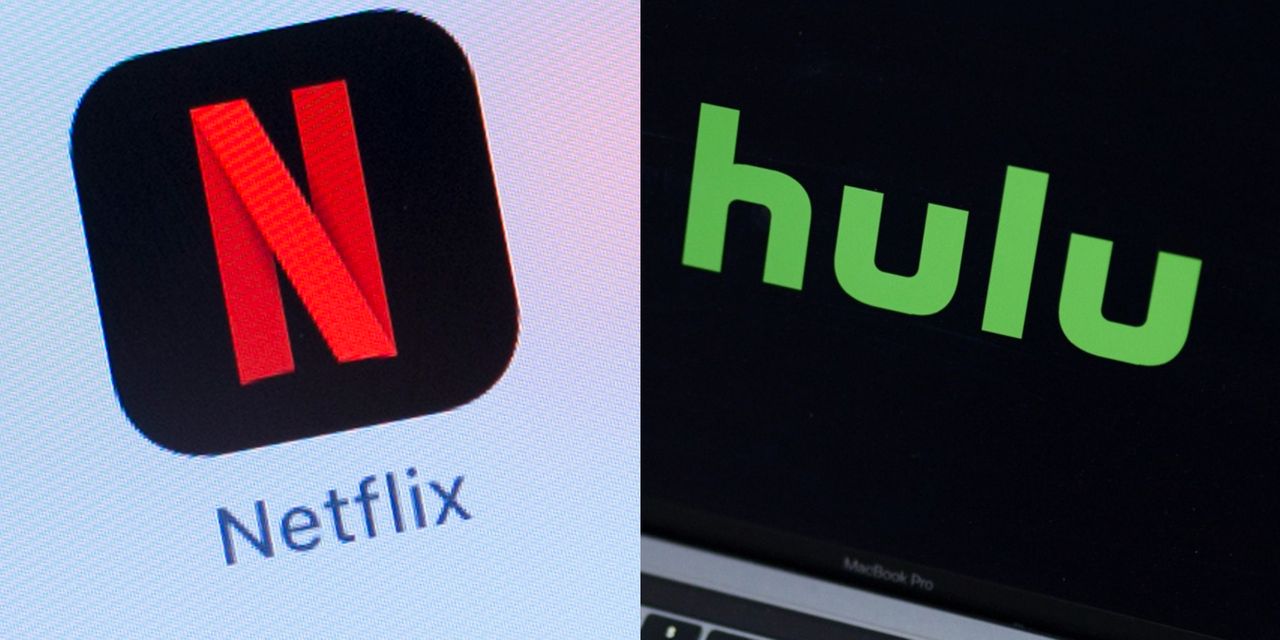
When the tiny city of Fort Scott, Kansas, sued media behemoths Netflix Inc. NFLX, +0.50% and Hulu in July, it may have seemed like a long shot. But the premise behind the city’s suit — that streaming entertainment companies are freeloading on internet infrastructure built and maintained by cable companies and municipalities, and should pay for that use — may not end in Bourbon County District Court.
Fort Scott isn’t the first municipality to try to capture some revenue from the popular new technologies, and likely won’t be the last. As municipalities increasingly lose revenue as consumers “cut the cord” from the cable companies that do pay fees to the communities they serve, many public finance professionals are watching such court cases carefully for precedent on how to treat digital media.
“If a city is going to tear up the ground to lay cables, the companies that are going to benefit should pay,” said Richard Auxier, senior policy associate in the Urban-Brookings Tax Policy Center. “Like so many other things right now in public finance, the laws were written decades ago. Now we’re trying to shoehorn old policies onto new technologies.”
Fort Scott is invoking principles known as “right-of-way” principles. As the city said in its suit, “Defendants’ subscribers typically use a broadband internet connection, such as DSL or fiber-optic cable, to receive Defendants’ programming. These broadband internet connections rely upon wireline facilities located in whole or in part in the public right(s)-of-way to deliver internet service to subscribers.”
Fort Scott did not respond to a MarketWatch request for comment. Netflix and Hulu, which is owned by the Walt Disney Co. DIS, -1.14% and Comcast Corp. CMCSA, -0.15% did not respond to a request for comment. In a 2018 case in Missouri, Netflix argued earlier right-of-way laws were meant to govern internet service providers, not content providers.
“Netflix does not provide video programming. But even if Netflix did provide video programming, such programming is specifically excluded from the definition of video service when provided through the public internet,” the company said in a filing.
Missouri state laws and local ordinances “state that the definition of video service ‘does not include … any video programming provided solely as part of and via a service that enables users to access content, information, electronic mail, or other services offered over the public Internet,’ the company said. “This exclusion describes the Netflix Streaming Service exactly.”
In recent years, there have been attempts at national-level legislation to settle the issue, including the proposed Digital Goods and Service Tax Fairness Act of 2012, which sought to prohibit state and local governments from imposing taxes on some sales of digital goods and services.
The Government Finance Officers Association, which helps cities and states with financial practices and policies, opposed the law. A Congressional Budget Office analysis of the bill found that it would have cost state and local governments at least $3 billion a year — in 2013 dollars — in forgone revenues, said Emily Swenson Brock, the GFOA’s Washington liaison.
That legislation died before becoming law, and states do have the right to impose sales taxes on streaming services, just as they do on any other good or service.
Both Brock and Auxier think there are similarities between the current state of play for streaming services, and the situation for online retail sales several years ago, before the Supreme Court’s 2018 South Dakota v. Wayfair found that states have the authority to make online retailers collect sales tax.
In the debate around the Wayfair case, many “Main Street”-oriented organizations argued for the tax, calling it unfair to mom-and-pop businesses that shoppers could avoid paying taxes online, Auxier pointed out in an interview with MarketWatch. Meanwhile, online companies claimed that imposing a tax on them would stifle innovation and digital migration.
“Then the court decision came and nothing happened,” Auxier said. “That turned out to be because people were not buying online to evade taxes. They were buying online for other reasons” — convenience, a broader selection than what was available in stores, and so on.
In fact, while “nothing” may have happened to the online shops that were afraid they’d lose business, something unexpected did happen in the wake of the Wayfair decision: state budgets were kept afloat by online sales tax windfalls throughout the COVID-19 lockdowns, when quarantining Americans bought goods rather than services, virtually rather than locally.
The pandemic has also served to point out the necessity of broadband for modern American life, making Fort Scott’s suit particularly timely.
“When we talk about broadband, the width is finite,” Brock said. “If you have children learning at home, and meetings being conducted, there is a capacity issue.” There are also questions to be decided about jurisdiction of taxation, she said. If a family living in San Francisco pays for a Netflix account there, but travels to Utah for vacation and streams a video while there, who should collect the taxes?
“This is next-level commerce that is going to come under review,” Brock told MarketWatch. “We’ll see how the courts act.”










Add Comment